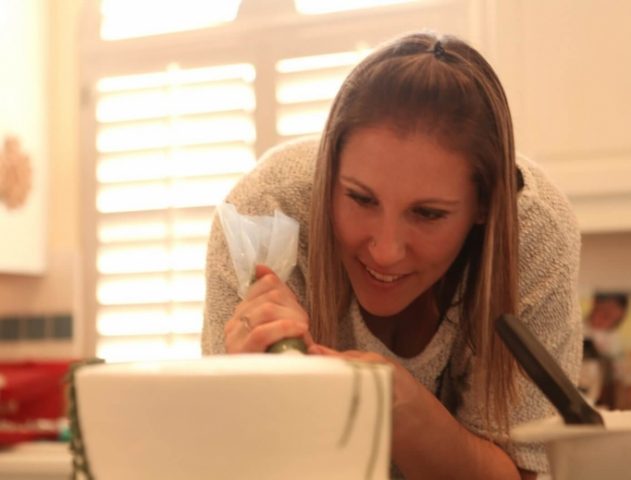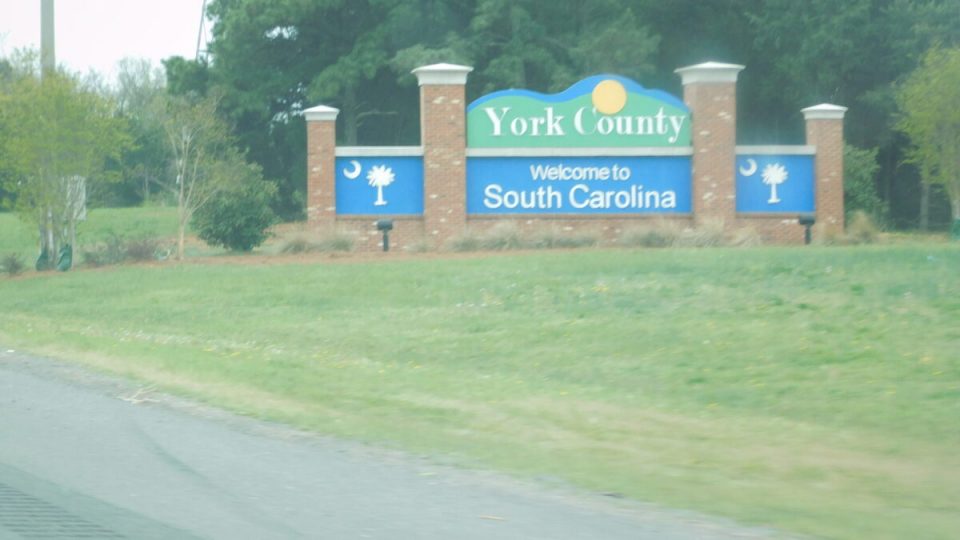Archives: There is No Such Thing as a “Pro-Choice” Christian, by Matt Walsh
June 24, 2019Why California Pastors Must Stand Up to Government Tyranny, by Michael Brown
June 24, 2019
But the larger religious-liberty question, of how to reconcile First Amendment rights and public-accommodation laws, still looms before the high court.
By Lauretta Brown, National Catholic Register, 6/21/19
WASHINGTON — The U.S. Supreme Court granted a victory Monday for Aaron and Melissa Klein, bakers who refused to make a wedding cake for a same-sex couple due to their religious beliefs.
The Supreme Court ordered the Oregon Court of Appeals to revisit its prior ruling against the couple in light of the high court’s ruling in favor of Christian baker Jack Phillips of Masterpiece Cakeshop, who had similarly declined to bake a wedding cake for a same-sex couple.
But the court left unanswered the larger question of how First Amendment free-speech and free-exercise protections fit into state public-accommodation laws barring discrimination on the basis of sexual orientation. However, their method of addressing the cases of Phillips and the Kleins sends a message to states about their treatment of religious objectors in these cases, according to Jeremy Dys, the deputy general counsel at First Liberty Institute, which represented the Kleins in the case.
He told the Register that the high court’s decision is a “clear victory” both for the Kleins and “for religious freedom itself.”
“It’s very instructive that they pointed to Masterpiece Cakeshop because that is basically saying to the lower court that ‘You need to ensure that American citizens have had a fair process when they’re accused of being engaged in discrimination,’” he said. “And they need to have a neutral process in front of them in regard to the religious liberty.”
The Masterpiece Test
Since deciding in favor of Jack Phillips in the Masterpiece case on the narrow grounds that he had faced improper religious bias from the Colorado Civil Rights Commission, the high court asked lower courts to revisit their decisions in light of that ruling in the similar cases of the Kleins and Christian florist Baronelle Stutzman of Arlene’s Flowers, who declined to create flower arrangements for a same-sex wedding.
Dys acknowledged that “at some point the Supreme Court’s going to have to answer that ultimate question” of how to reconcile First Amendment rights and public-accommodation laws, but “what they’re seeing right now is Jack Phillips and Arlene’s Flowers and the Kleins and others that are out there, as well, that are being, frankly, mistreated by civil-rights commissions.”
He said the court is pointing to “the basic element, expectation of our government that they treat us fairly and they treat us neutrally.” In the case of the Kleins, he contended, if you apply “the Masterpiece test” of treating religious people fairly and neutrally, the state of Oregon would be in trouble.
Dys pointed to comments about the complaint from then-Oregon Labor Commissioner Brad Avakian, saying that “before it even landed on his desk he heard about the decision, and he told the press that his goal for Aaron and Melissa was to rehabilitate them.”
“Well, what on earth do they need to be rehabilitated for?” Dys asked, adding, “He’s already prejudged their religious beliefs, found them wanting, and directed his investigation in that direction to the inevitable conclusion that they’d engaged in discrimination — that’s unfair; it’s also not neutral.”
In April 2015, the Kleins were fined $135,000 by the Oregon Bureau of Labor and Industries for “emotional damages” over their refusal to make the cake, and they also received a gag order barring them from discussing the case.
Dys pointed to the gag order and the fine, one of the highest penalties in the bureau’s history, as “further evidence” of antireligious sentiment on the part of the state.
“The state of Oregon was not fair; it was not neutral towards Aaron and Melissa,” he concluded. “It had prejudged their case from the minute go, and so until commissions start acting with less hostility towards the religious beliefs of people that enter the public square, I think we’re going to continue to see the Supreme Court send these back and say: ‘No — go back and be fair; be neutral.’”
Now-retired Justice Anthony Kennedy emphasized this in his opinion in the Masterpiece case, writing that the government cannot impose “regulations that are hostile to the religious beliefs of affected citizens and cannot act in a manner that passes judgment upon or presupposes the illegitimacy of religious beliefs and practices.”
Cautious Approach
Joan Mannix, the vice president and senior counsel at the Thomas More Society, which filed friend-of-the-court briefs in the Masterpiece case and the Kleins’ case, told the Register that the court has made a statement about the importance of religious-liberty rights in those decisions.
“They’re really trying to make the point that they made very clear in Masterpiece: that free exercise, that religious liberty is not a sort of second-rate First Amendment right,” she emphasized, adding that the court is sending a message to commissioners and others who “make decisions — at least in the context that it’s been coming up in public-accommodation laws — to be very cognizant of those rights.”
Mannix said that the court has not tackled “head-on” the question of how public-accommodation laws allow for First Amendment religious-liberty objections, but said “they will address it sooner or later.” She contended that the high court is “trying to make sure that they have a fully and appropriately developed record when they do” address the question.
“The court is very cognizant of trying to make sure when it does decide the issue it’s got a fully fleshed out record that makes sense to them,” she said, adding that the court is waiting for the lower courts to “have appropriately considered the religious-liberty implications of their rulings.”
“This issue is coming to the Supreme Court,” she concluded. “They’re hoping to get it in a procedural posture where there’s a very clear record and they feel that the lower courts have done their job by at least attempting an appropriate balancing of the competing constitutional interests and haven’t done that balancing with the balancing weighted against any appropriate consideration of religious liberty.”
Revisiting the Question
Despite the Supreme Court’s ruling in favor of Phillips, he has faced two additional lawsuits due to his refusal to make an individual a “transgender transition” cake. While one of those lawsuits has since been thrown out, the continued legal targeting of the Christian baker raises the question of how the Supreme Court could settle these public-accommodation clashes with religious-liberty rights once and for all.
Jim Campbell, senior counsel at Alliance Defending Freedom, which represented Phillips in the Masterpiece case, told the Register in a statement that the court has at least indicated that the decision in that case can be extended to protect other people of faith against government hostility.
“When the Supreme Court ruled in Jack Phillips’ favor in its Masterpiece Cakeshop ruling, it said that the government was wrong to act with hostility toward Jack’s religious beliefs about marriage,” he noted. “One year later, the court sent Aaron and Melissa Klein’s case back to Oregon to consider in light of Masterpiece, a sign that the decision will continue to protect people of faith from government hostility.”
Campbell added that the Supreme Court could rule in the near future on the more central question of whether the government can compel a Christian florist or baker to serve a client for a same-sex wedding. And Baronelle Stutzman, who is ADF’s client, will provide an opportunity to revisit the question.
“The core question in Jack’s case — whether the government can force creative professionals to create artistic expression that conflicts with their beliefs — is still unanswered,” Campbell said. “Recently, the Washington State Supreme Court ruled against Barronelle Stutzman of Arlene’s Flowers, who, much like Jack, is simply trying to live and work consistently with her religious beliefs about marriage. Her case will provide the court a great opportunity to decide the question left unresolved in Masterpiece.”
The Washington State Supreme Court took the Supreme Court’s order to revisit the decision in that case and ruled against Stutzman last week, without even holding an oral argument.
“I could lose my business and life savings simply because I declined to celebrate and participate in a sacred event that violates my faith,” Stutzman said following the state court’s decision. “No artist or creative professional should be forced by the government to create custom work that conflicts with their deeply held beliefs. That’s why I will appeal my case to the U.S. Supreme Court.”
The high court will decide whether or not to once again take up her case in its upcoming October term.
Lauretta Brown is the Register’s Washington-based staff writer.







